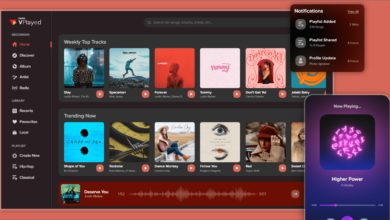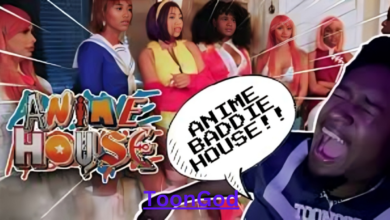Coomer Party Understanding the Internet Phenomenon and Its Cultural Impact

The term “Coomer Party” has emerged as a unique and somewhat controversial phrase within internet culture. Stemming from meme culture and online discussions, it has evolved into a broader commentary on internet addiction, social behaviors, and personal lifestyle choices. But what exactly does “Coomer Party” mean, and why has it gained such traction in online spaces? This article explores the origins, meaning, and societal implications of the term, as well as the debates surrounding it.
Origins of the “Coomer” Meme
To understand “Coomer Party,” we first need to examine the origin of the term “Coomer.” The word stems from internet meme culture, particularly within forums like 4chan and Reddit. Initially, “Coomer” was used to describe individuals who were excessively engaged in online adult content consumption, often at the expense of their social and professional lives. The term quickly became a stereotype for men perceived as addicted to unhealthy digital habits.
The meme gained popularity due to its exaggerated and humorous portrayal, often illustrated through simplistic cartoon characters depicting unkempt, socially isolated individuals engrossed in compulsive internet habits. However, beyond the humor, “Coomer” also sparked serious discussions about digital addiction and its impact on mental health.
What is a “Coomer Party”?
“Coomer Party” can be interpreted in several ways depending on the context. Some see it as an ironic gathering or an online joke about individuals who share similar internet-driven habits. Others view it as a broader cultural critique of how excessive digital consumption can shape social dynamics and real-life interactions.
A “Coomer Party” can take the form of an online community, a shared social experience, or even a self-deprecating acknowledgment of one’s own behaviors. The term is often used in jest, yet it touches on real issues related to digital dependency and lifestyle choices.
The Cultural and Social Implications
The rise of “Coomer Party” as an internet phrase reflects broader societal concerns about technology, entertainment, and mental well-being. Here are some key aspects of its cultural impact:
1. Digital Addiction and Its Consequences
The phrase “Coomer Party” often critiques the growing problem of digital addiction. With an increasing number of people spending countless hours consuming digital content—whether through social media, gaming, or online videos—concerns about lost productivity and social detachment are becoming more prominent.
2. Online Communities and Echo Chambers
The concept of a “Coomer Party” also highlights how online spaces can form echo chambers where individuals reinforce certain behaviors. While online communities can offer support and shared experiences, they can also perpetuate unhealthy habits if not approached mindfully.
3. The Role of Memes in Social Commentary
Memes like “Coomer Party” serve as both entertainment and social critique. They reflect and sometimes exaggerate real-life behaviors, encouraging discussions about internet culture, personal discipline, and societal values. While some dismiss them as mere jokes, others see them as valuable cultural artifacts that capture the essence of modern digital life.
The Debate: Harmless Fun or Harmful Stereotype?
The rise of the “Coomer Party” meme has sparked debates on whether it is simply humorous or if it reinforces negative stereotypes. Some argue that it unfairly mocks individuals struggling with real issues, such as compulsive behaviors and loneliness. Others believe it serves as a wake-up call, encouraging self-awareness and positive lifestyle changes.
Ultimately, the way one interprets “” depends on their perspective. For some, it is a funny internet joke; for others, it highlights serious concerns about digital overconsumption and personal well-being.
Conclusion: What Can We Learn from the “Coomer Party” Trend?
The “Coomer Party” phenomenon is a fascinating example of how internet culture shapes and reflects societal attitudes. Whether viewed as a meme, a critique, or a lighthearted joke, it raises important questions about digital habits, self-control, and online interactions.
As we continue to navigate the digital world, it is essential to maintain a balance between entertainment and healthy habits. While memes like “Coomer Party” offer humor and relatability, they also serve as reminders to stay mindful of our online behaviors and their impact on our lives.

